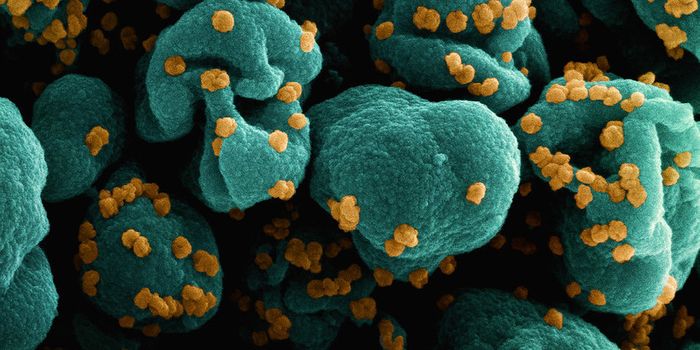Immunity from COVID Booster is Superior to Primary Series
Last fall, COVID-19 vaccine booster shots were rolled out, and about 40 percent of US adults said they did not plan on getting one. Unfortunately, an expert called the booster vaccination rate "abysmal," and the Centers for Disease Control and Prevention has said that vaccination booster rates remain low; only about 14 percent of American kids and 23 percent of adults have received the updated shot. That also includes 41 percent of people over the age of 65.
A new study has now shown, however, that a booster is actually great for COVID-19 immunity, and perhaps counterintuitively, provides better protection that the initial vaccine series. This 'boosted' immune response is unaffected by factors like age and comorbidities. The findings have been published in Scientific Reports.
“It was really interesting to see the SARS-CoV-2 booster dose have such a huge increase in protective longevity capacity as compared to the primary series of two doses,” said co-corresponding study author Chapin Korosec, a postdoctoral researcher at York University.
This research relied on data from over 150 people in Canada who had gotten Pfizer-BioNTech or Moderna vaccines for COVID-19, and included healthcare workers, long-term care patients, and other individuals. The investigators determined that the the immune response from the primary vaccine series had a half-life of about 63 days, while it was 115 days for people who also got a booster.
The immune response was slightly diminished in older adults, but if factors like hypertension, cancer, or lung disease were also considered, the influence from age on the immune response was less significant.
Age is such a known contributor to the efficacy of the immune response that is stimulated by vaccines, to the point that advanced age itself is considered a comorbidity. noted Korosec.
“Chronological age is your time since birth. But you also have an immunological age, which is correlated to your chronological age, and is related to how your body loses its ability to prime against invading pathogens and produce antibodies as time marches on,” Korosec explained. “What's convoluted is that as we age chronologically, the probability that we accrue diseases that can affect the immune system in unintuitive ways also increases.”
“We found that some outcomes were surprising and worth further study, but of course we're not advocating any particular comorbidity is beneficial,” said co-corresponding study author David Dick, a postdoctoral researcher at York University. One surprising finding, for example, was the individuals with asthma were better protected by the vaccine. However, we do not know how asthma could affect the severity of a COVID-19 illness, for example, added Dick.
Sources: York University, Scientific Reports









